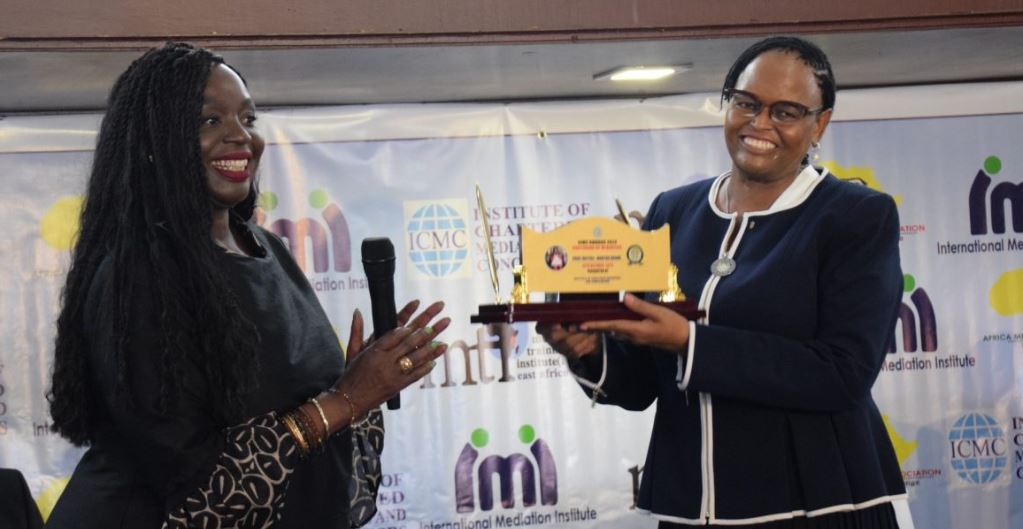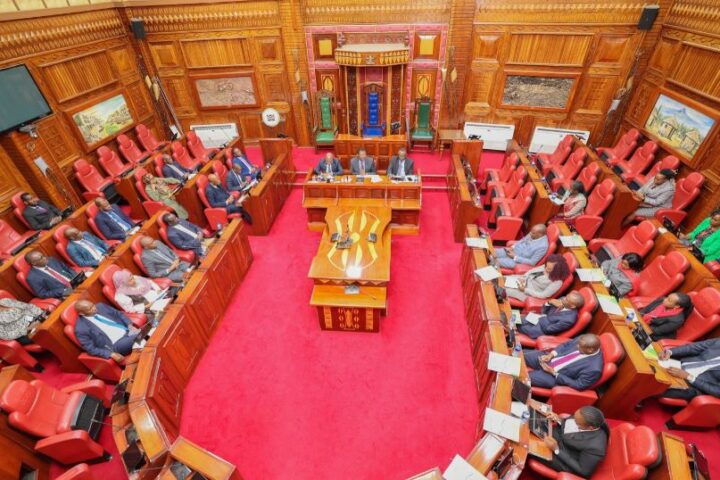
Chief Justice (CJ) Martha Koome said this initiative aims to integrate mediation, conciliation, the Alternative (Traditional) Justice System (AJS), and arbitration as essential and legitimate components of the dispute resolution system, aligning with Article 159(2)(C) of the Kenyan Constitution.
“Therefore, when we speak of “Mediation First”, we are not diminishing the importance of courts or litigation; instead, we are expanding our horizons. We are acknowledging that for many disputes, there are more amicable, more efficient, more context-sensitive, and indeed, more holistic avenues of resolution than traditional litigation,” Koome said.
The CJ said this on Wednesday during the launch of the Intercontinental Mediation Summit themed “Mediation First: Exploring New Horizons Today and Beyond.”
CJ Koome announced that through Court Annexed Mediation, a program aimed at institutionalizing mediation as an alternative dispute resolution mechanism and fostering a mediation culture in the country, a total of 15,211 cases valued at approximately Sh 55 billion have been referred to Court Annexed Mediation.
Among these cases, 5,048 have been successfully concluded.
“The value of the matters that have been concluded successfully and funds previously locked up in litigation released back to the economy stands at approximately Sh33 billion,” said Koome.
The CJ also mentioned that accredited mediators have increased from 74 in 2016 to 1,292, with 661 currently holding active status.
Chief Justice Koome emphasized the timeliness of the summit, especially in light of the Kenya Judiciary’s ambitious strategic vision called ‘Social Transformation through Access to Justice (STAJ).’ This vision is geared towards establishing a people-centered justice system, ensuring access to justice for all individuals.
Koome additionally highlighted that the judiciary has recognized the promotion of a multi-door approach to dispute resolution as a pivotal focus area in its pursuit of the envisioned outcome.
“Given the huge number of cases pending before our courts, it is clear that despite the best efforts to clear the backlog by our hardworking judges and magistrates, the issue of delayed resolution of such disputes will remain a thorn in our flesh unless we expand our horizons,” said the CJ.
She noted that, alongside Court Annexed Mediation, the judiciary has taken a further step by adopting Private Settlement Agreements.
“Private Settlement agreements have the potential to prevent further buildup of case backlog in our judiciary as cases are resolved without first being filed in court, unlike in Court Annexed Mediation where existing court cases are referred to court-annexed mediation,” said CJ Koome.








